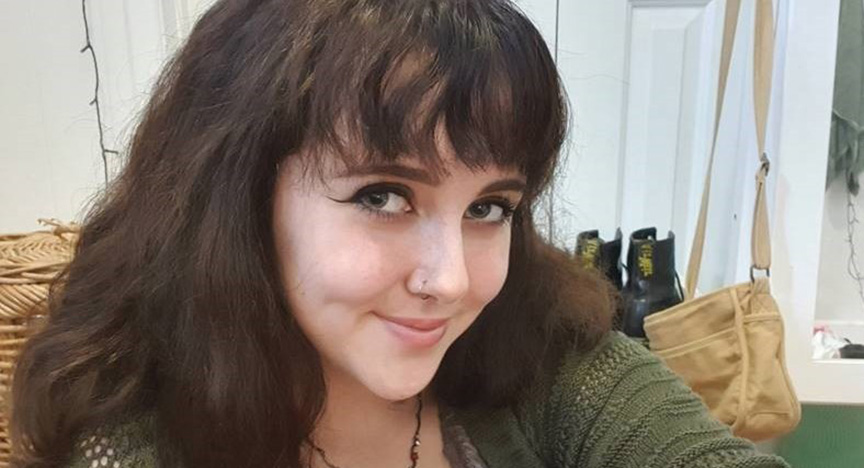
Having lived with idiopathic scoliosis since she was 12 years old, Tegan was already familiar with specialist appointments, medications, and procedures, but it was an unexpected battle with complex regional pain syndrome (CRPS) that proved her greatest health challenge.
Tegan’s experience with CRPS, began shortly after undergoing spinal surgery at the Queensland Children’s Hospital to correct her scoliosis at the age of 16 years. CRPS is a primary pain condition where the central nervous system becomes sensitised in a way that can result in severe pain in an arm or a leg.
For Tegan, it started as numbness in her left leg, and tingling, and pins and needles in her foot, but it soon became so excruciating she had to be readmitted to hospital to relieve the pain. Investigations into her symptoms. Tegan’s symptoms were complex and because of her recent surgery, doctors were unable to determine the exact cause of her pain.
Over the next few months, Tegan spent more time in and out of hospital due to the pain in her foot. The pain impacted her mental health, sleep, social life, and physical health.
During one hospital admission in June 2020, Tegan was given medication to ease the pain, but it was unsuccessful, and the pain became worse. She was then given an epidural and spent time in the intensive care unit (ICU) to be monitored while further investigations were carried out.
After a medical assessment by a paediatric pain specialist, Tegan was diagnosed with CRPS and referred to the hospital’s persistent pain service in August 2020.
After her diagnosis, Tegan worked with the ‘pain’ team on her overall health and started a range of therapies including occupational therapy, music therapy, physiotherapy, and psychology.
She was so determined to get back to her normal teenage life that it helped fast-track her recovery process.
“My CRPS symptoms lasted for months and took a toll on my mental health,” Tegan said.
“I struggled with my transition back to school as I was in a wheelchair and on heavy pain medication. It took me almost a year to get back into my normal routine.”
Tegan has now moved from her regular school to a more flexible school which has helped her to focus on her transition into adult life while getting her health back on track. With the help of some antidepressant medication and her therapies, Tegan’s mental health is now much better, and she is no longer on pain medication.
“I feel very blessed that good things have come out of this awful experience. I now know more about my body and brain and I’m in the best physical shape of my life.
“I was able to understand my diagnosis by learning more about my nervous system. My amazing hospital team taught me lots about the science behind pain.
“During this journey I learnt that you should always celebrate the small victories – I remember almost crying with joy when I slept for six hours straight without waking up in severe pain.”
Tegan, now 17, practices self-care (which includes getting enough sleep, exercising regularly, and managing stress), to ensure she stays physically and mentally healthy. She currently visits the Queensland Children’s Hospital once a month for check-ups.